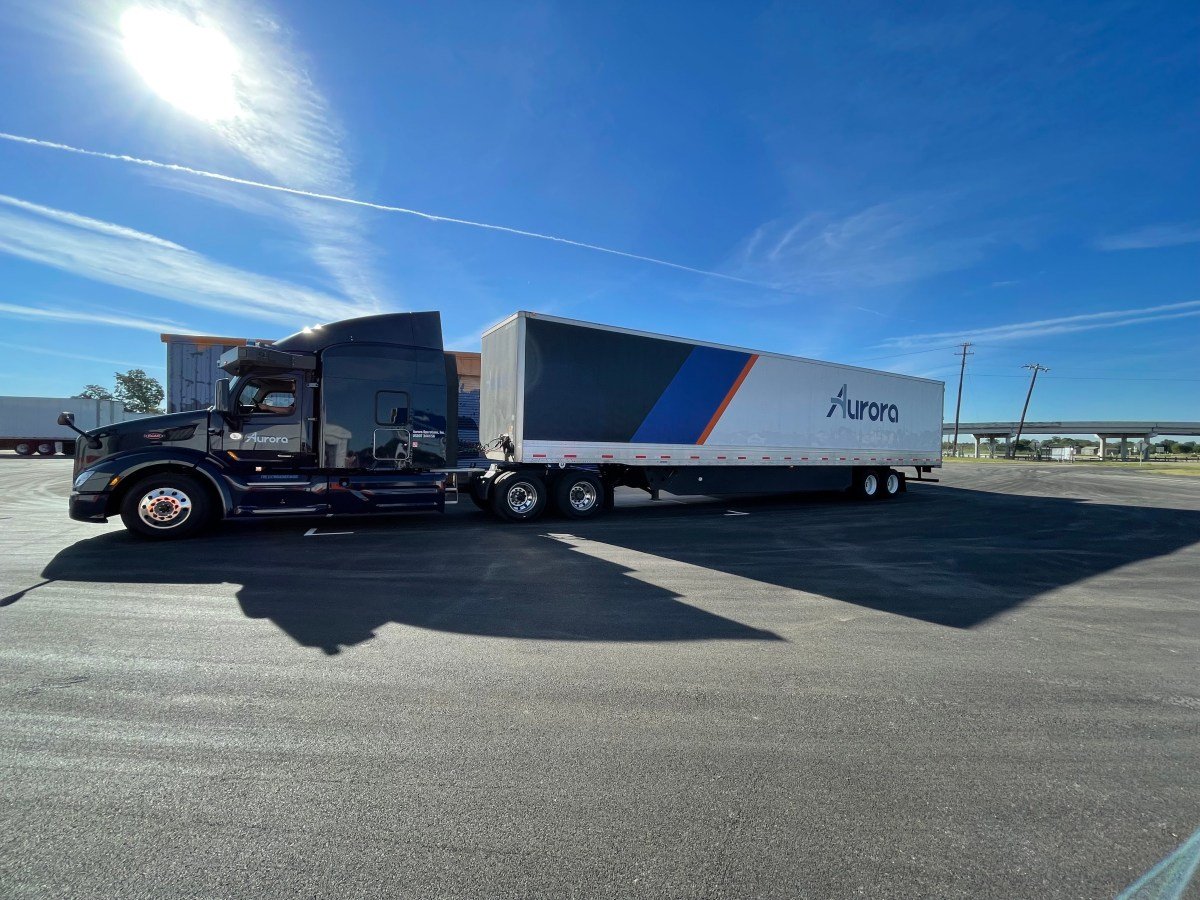Aurora Innovation Announces Workforce Changes Following Organizational Review
Aurora Innovation, the leading autonomous vehicle technology company, has recently undergone a thorough organizational review to ensure maximum efficiency in achieving their ambitious goals. As a result, a limited number of roles were eliminated, impacting approximately 3% of their workforce.
According to sources familiar with the action, dozens of workers were laid off this month at Aurora’s Pittsburgh-based headquarters, as well as their facilities in California, Colorado, Texas, and Montana. This decision was not made lightly, as the company has been incredibly thoughtful in their resourcing to minimize such actions during this period of market uncertainty.
Aurora currently employs around 1,800 workers, according to the company’s records from the end of 2023.
“As we move toward commercial launch, we recently reviewed the entire organization to ensure we are working as effectively as possible and with the velocity required to achieve our ambitious goals,” stated Cristopher Barrett, senior vice president of people at Aurora. “Through this process, a limited number of roles were eliminated which impacted 3 percent of our total workforce. During the recent market uncertainty, we have been incredibly thoughtful in our resourcing in order to minimize such actions. We are grateful for the contributions of these individuals and are supporting them through this transition.”
Aurora has been making significant strides in the development of their self-driving truck technology, aiming to launch a fleet of autonomous Class 8 trucks by the end of 2024. These trucks will be able to navigate U.S. highways without a human driver behind the wheel, and will initially be used on a route between Dallas and Houston, which the company has been using for testing.
In addition, Aurora has been collaborating with Continental, a leading automotive supplier, on a project with a total budget of over $300 million. This project involves mass-producing hardware for commercial self-driving trucks, with plans to begin production in 2027. Aurora has recently completed the first phase of this project, allowing Continental to work on developing prototypes.
Pioneering new technology in the autonomous vehicle industry is a costly endeavor, as seen by the numerous startups that have had to shut down or be acquired. Aurora, founded in 2017 by alumni of Tesla, Uber, and Waymo, made the decision to go public in order to raise the necessary capital to commercialize this frontier technology.
Aurora officially became a publicly traded company in 2021, after merging with a special purpose acquisition company launched by LinkedIn co-founder and investor Reid Hoffman, Zynga founder Mark Pincus, and managing partner Michael Thompson.
As one of the last remaining companies focused on commercializing self-driving big rigs, Aurora has faced its fair share of challenges. Kodiak Robotics, Torc Robotics, and Sweden’s Einride are also working on similar technology, but the high cost of employing engineers to develop and perfect it, combined with economic headwinds, has put a strain on capital.
In 2022, a leaked memo from Aurora CEO and co-founder Chris Urmson outlined various cost-cutting and cash-generating options for the board to consider. These options included a hiring freeze, spinning out assets, a small capital raise, going private, and even selling the company to high-profile tech giants such as Apple and Microsoft.
While some cost reductions were implemented, Aurora was able to secure a significant amount of funding in July 2023, with a capital raise of $820 million from a public and private offering of their stock. This funding will help support the company through their planned commercial launch at the end of 2024 and into the second half of 2025.
At the time of the third-quarter 2023 earnings report, Aurora confirmed that their total liquidity of $1.5 billion will be enough to see them through their planned commercial launch and continue operations into the second half of 2025.









[…] Aurora Innovation is facing some major changes as the autonomous vehicle technology company shifts its focus towards the future. With plans to launch a “driverless” self-driving truck business by the end of 2024, the Pittsburgh-based company has recently confirmed that it has laid off dozens of employees in the beginning of the year. According to sources familiar with the action, the cuts impacted about 3% of the company’s total workforce. […]